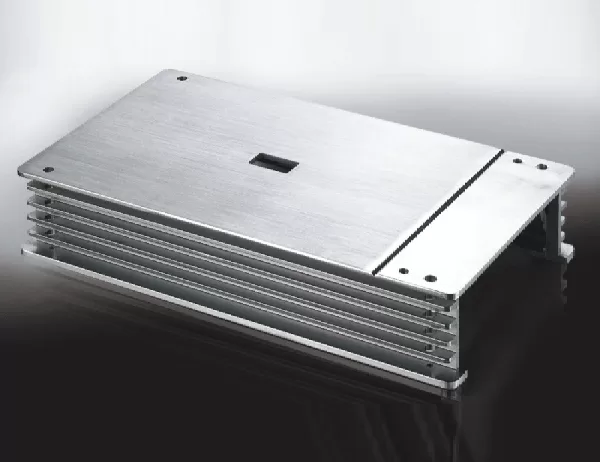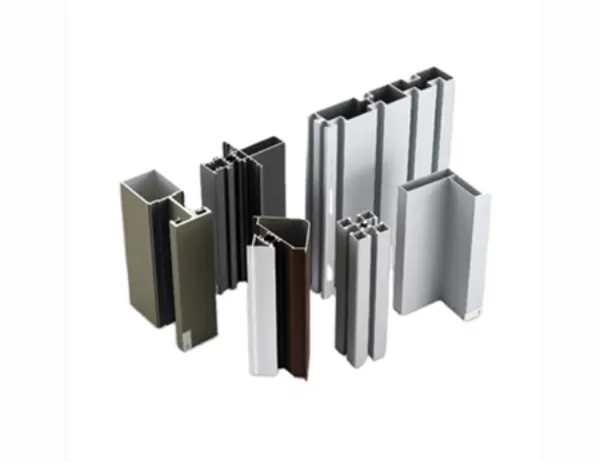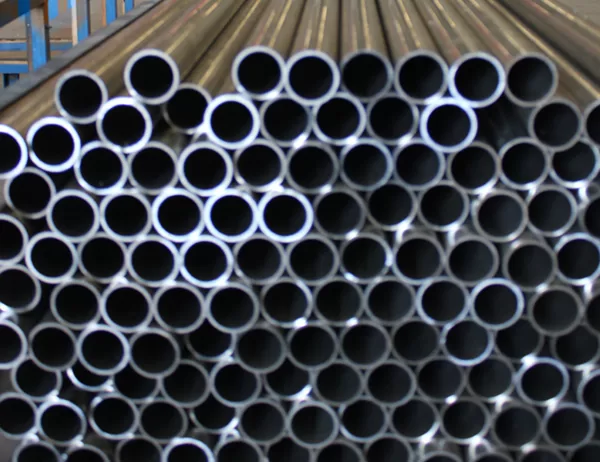Solar energy is becoming increasingly popular as a renewable energy source, and solar panels are an essential component of any solar power system. The frames of solar panels play a crucial role in their durability, performance, and longevity. Two of the most commonly used materials for solar panel frames are aluminum and steel. This article will delve into the pros and cons of aluminum and steel frames, helping you make an informed decision about the best option for your solar panel installation.
Aluminum Frames
Advantages of Aluminum Frames
Corrosion Resistance: Aluminum is highly resistant to corrosion, making it an excellent choice for outdoor applications, especially in harsh environments where moisture and salt are present.
Lightweight: Aluminum is a lightweight material, reducing the weight of the solar panel and making it easier to handle and install.
Durability: Aluminum frames are durable and can withstand mechanical stress, making them less prone to damage from wind, snow, and hail.
Aesthetic Appeal: Aluminum frames have a sleek and modern appearance, adding to the visual appeal of solar panels.
Disadvantages of Aluminum Frames
Cost: Aluminum is a more expensive material than steel, increasing the overall cost of the solar panel system.
Electrical Conductivity: Aluminum is an electrical conductor, which can potentially lead to electrical hazards if not properly grounded.
Thermal Expansion: Aluminum can expand or contract significantly with temperature changes, which can lead to stress on the solar panel and its components.
Steel Frames
Advantages of Steel Frames
Strength: Steel is a strong and durable material, providing excellent mechanical strength and support for solar panels.
Lower Cost: Steel is a more affordable material than aluminum, making it a cost-effective option for solar panel frames.
Thermal Conductivity: Steel has a high thermal conductivity, which helps dissipate heat away from the solar panels, improving their efficiency.
Disadvantages of Steel Frames
Corrosion Susceptibility: Steel is susceptible to corrosion, especially in humid or saltwater environments, requiring regular maintenance and protective coatings.
Heavier Weight: Steel is a heavier material than aluminum, making it more difficult to handle and install solar panels.
Rust: Steel can rust over time, especially when exposed to moisture and oxygen, compromising its structural integrity and appearance.
Which Frame Material is Right for You?
The choice between aluminum and steel frames for solar panels depends on several factors, including the specific environmental conditions, the size and weight of the solar panels, the budget, and the desired aesthetics. If corrosion resistance, lightweight, and durability are priorities, aluminum frames are a suitable option. If strength, affordability, and thermal conductivity are more important, steel frames may be a better choice. Ultimately, it’s essential to weigh the pros and cons of both materials and select the frame that best meets your needs and requirements.




